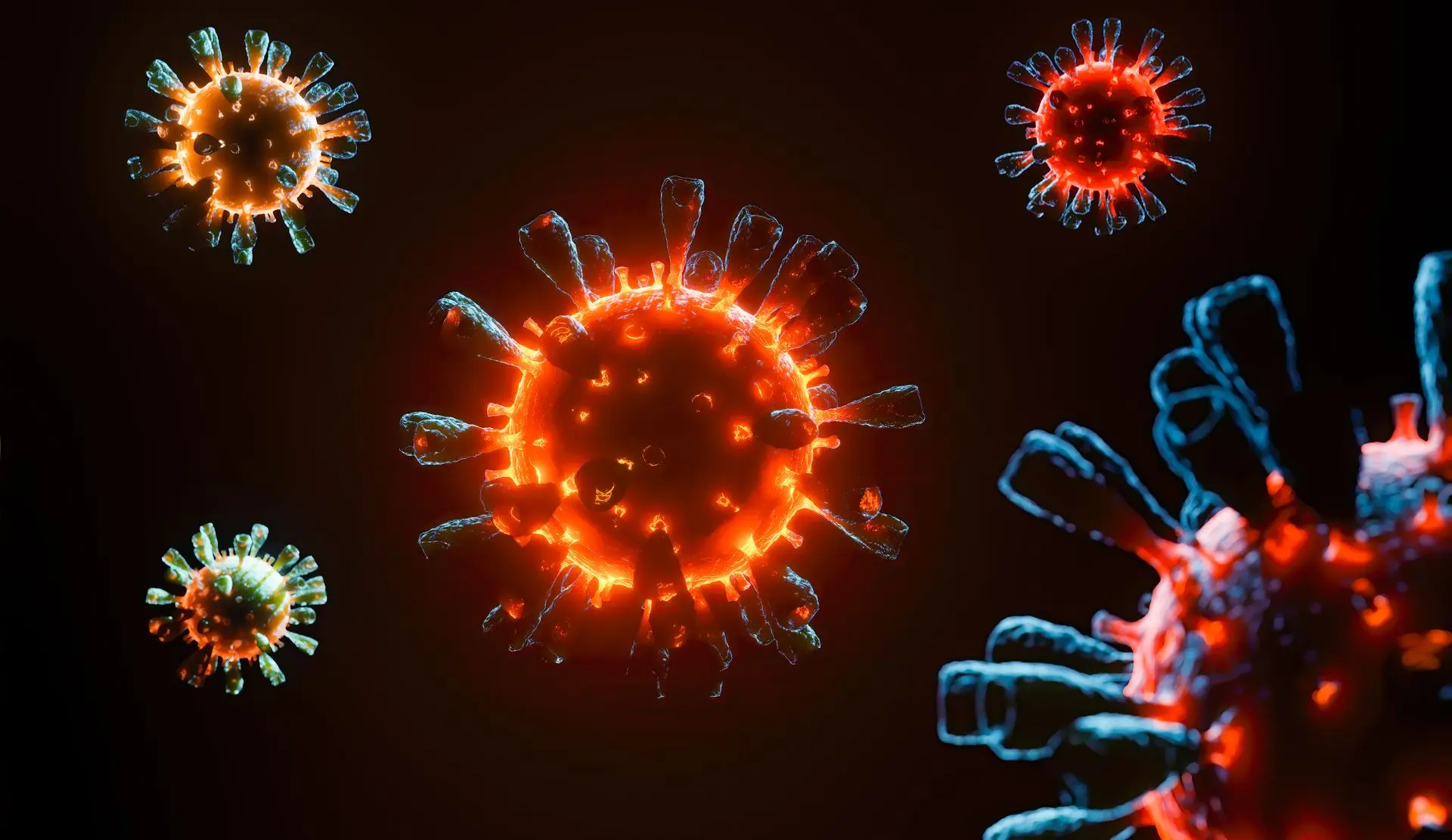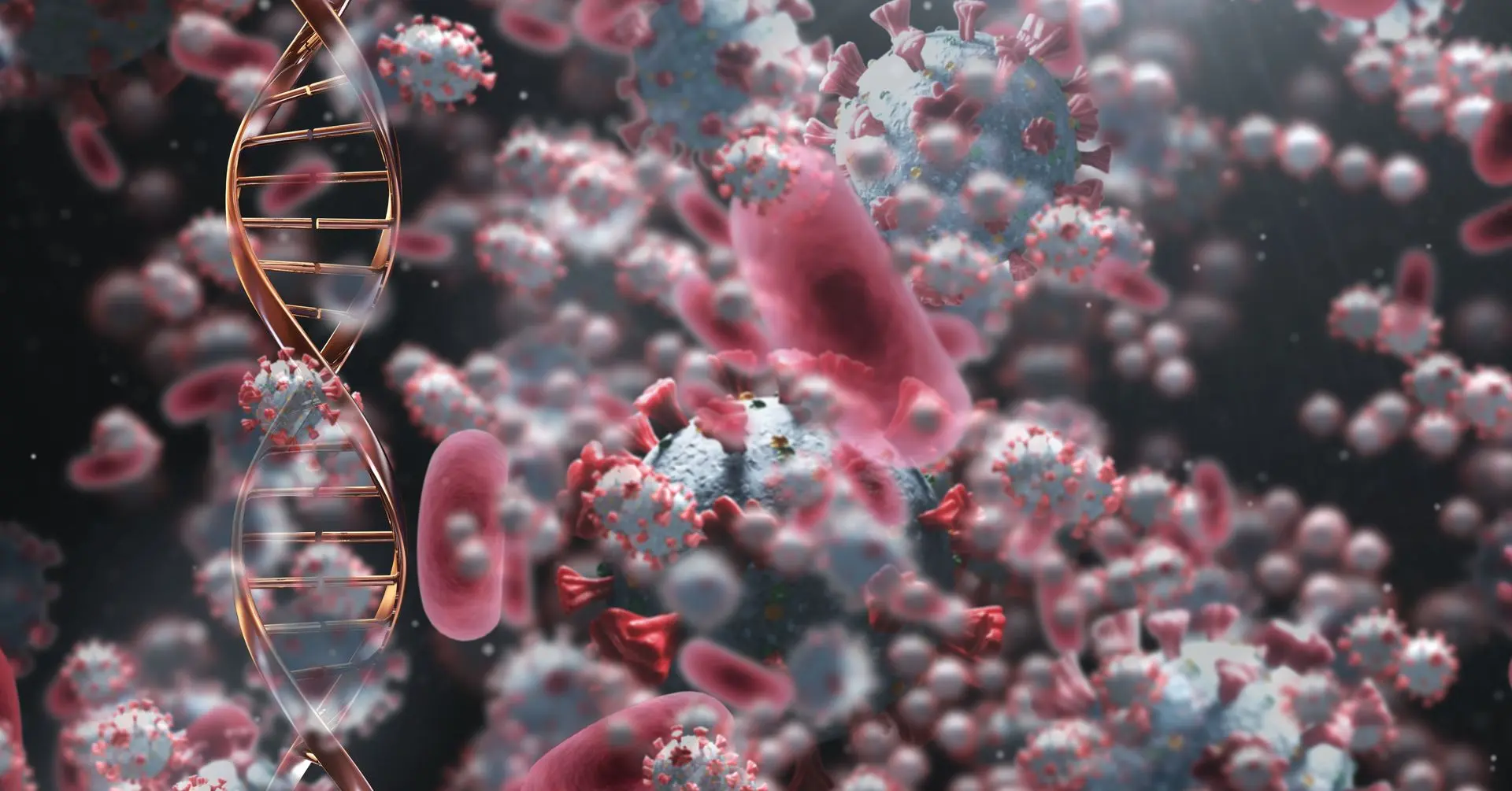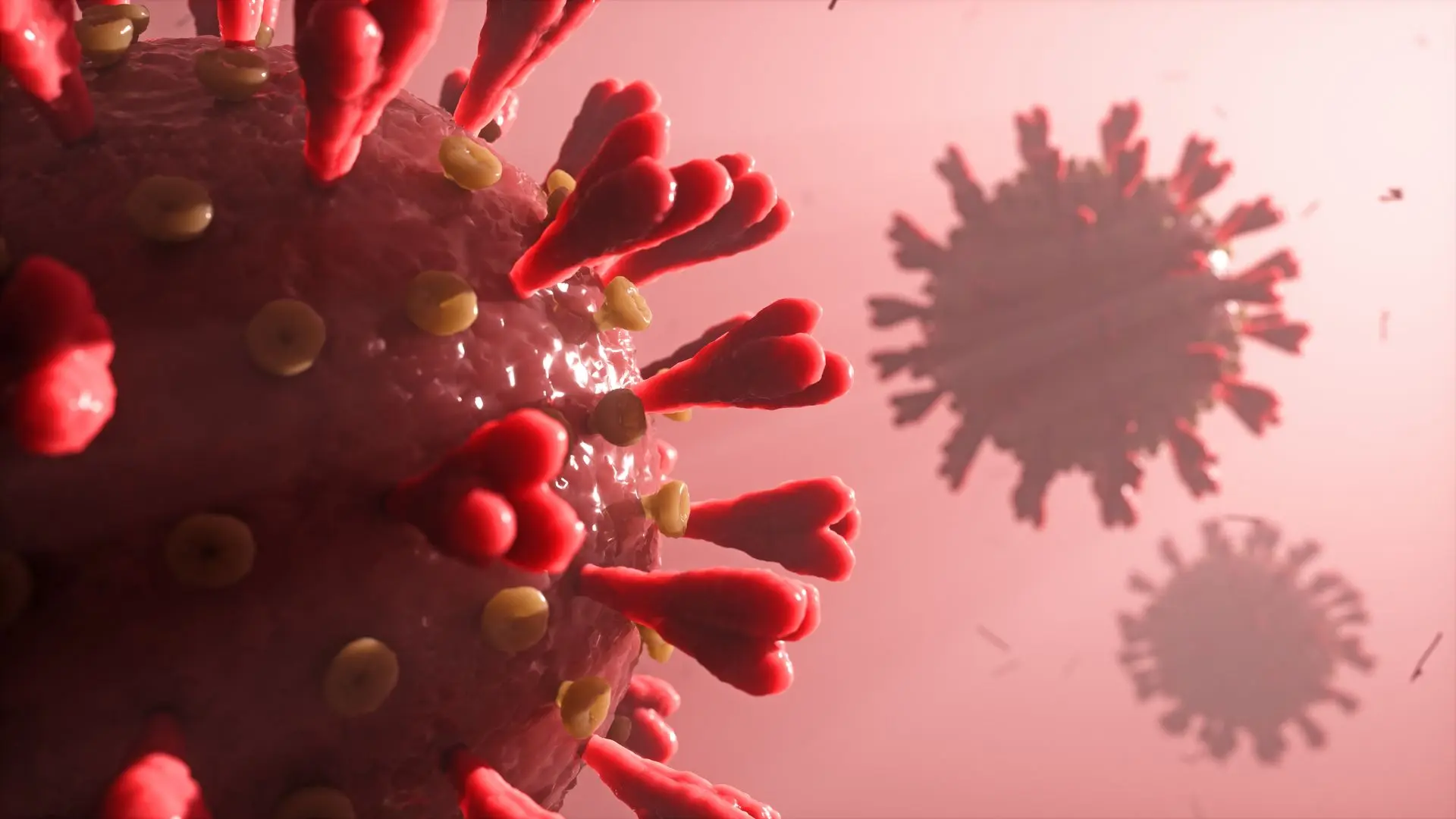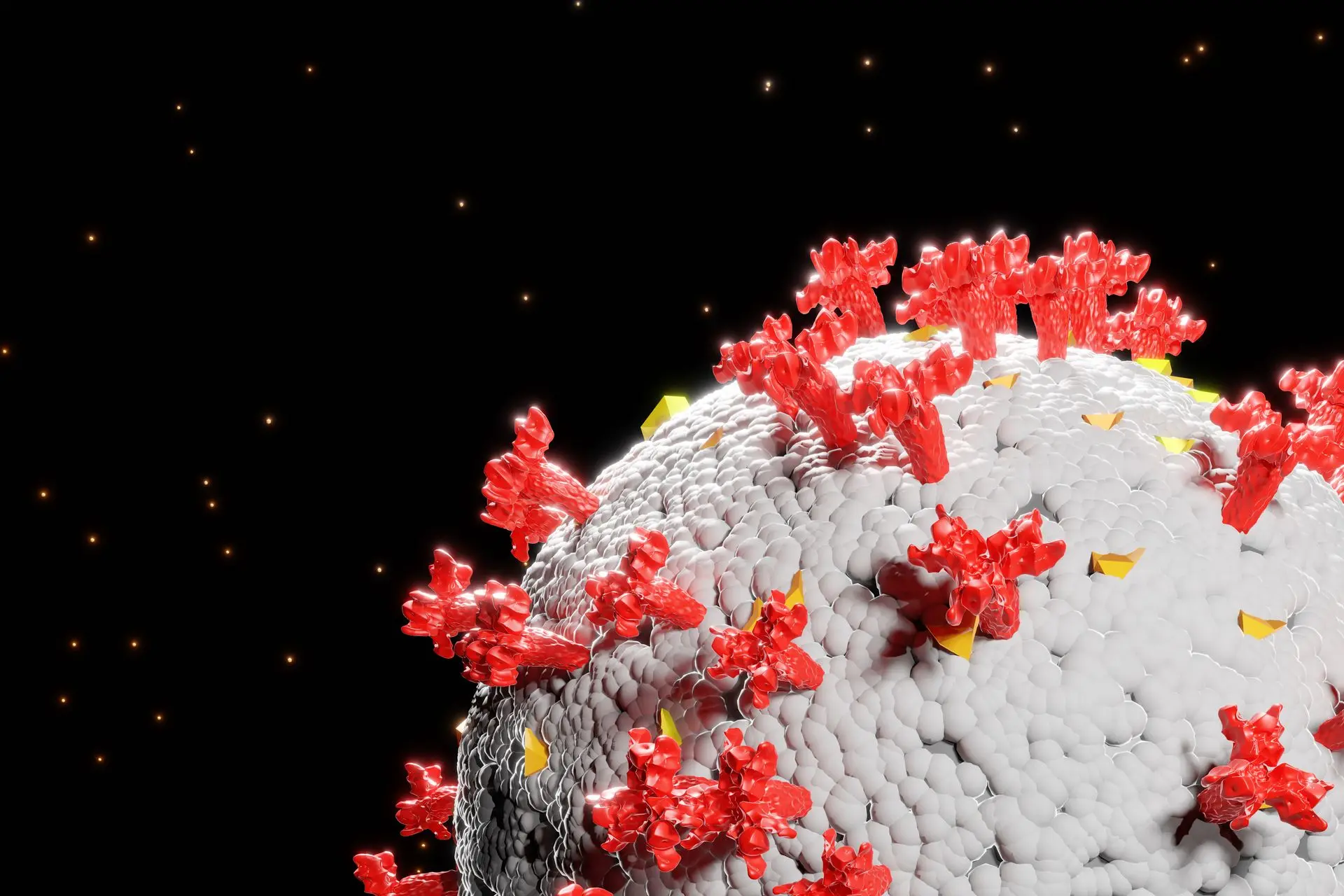Polydnaviriformidae
Polydnaviriformidae (PDV) is a family of insect viruses known for their symbiotic relationship with parasitoid wasps. The family consists of two genera: Bracoform and Ichnoviriform.
Taxonomy and Symbiosis
- Bracoform viruses (BV) are found in Braconid wasps.
- Ichnoviriform viruses (IV) occur in Ichneumonid wasps.
These wasps are parasitic on Lepidoptera larvae (such as moths and butterflies). The polydnaviruses play a crucial role in helping the wasps by circumventing the immune response of their parasitized hosts, allowing the wasp larvae to develop and feed on the host.
Evolutionary Divergence
Interestingly, there is little or no sequence homology between the Bracoform and Ichnoviriform viruses, indicating that these two genera have been evolving independently for a long period of time. This suggests significant genetic divergence between the viruses in each genus despite their similar ecological roles in facilitating parasitism.
In summary, the Polydnaviriformidae family highlights the evolutionary relationship between viruses and their insect hosts, specifically in the context of parasitic wasp interactions with Lepidoptera.





